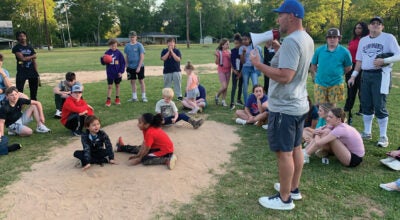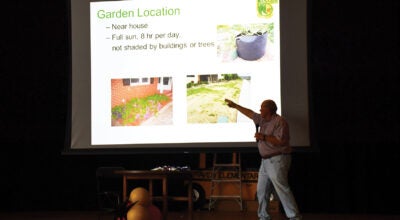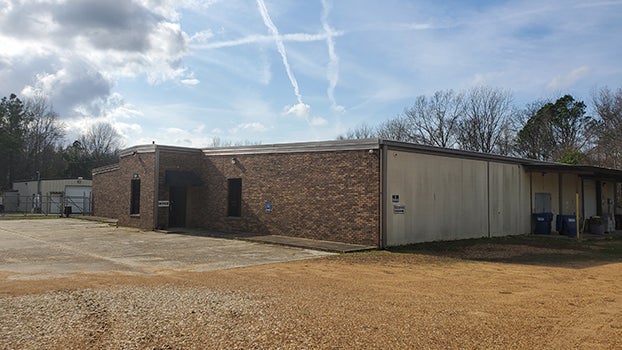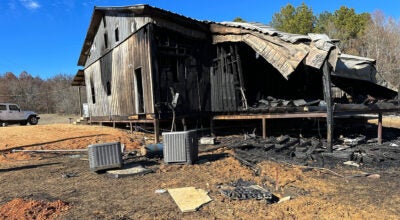You asked: What do I do if I think I have COVID-19?
Published 8:31 am Wednesday, March 18, 2020
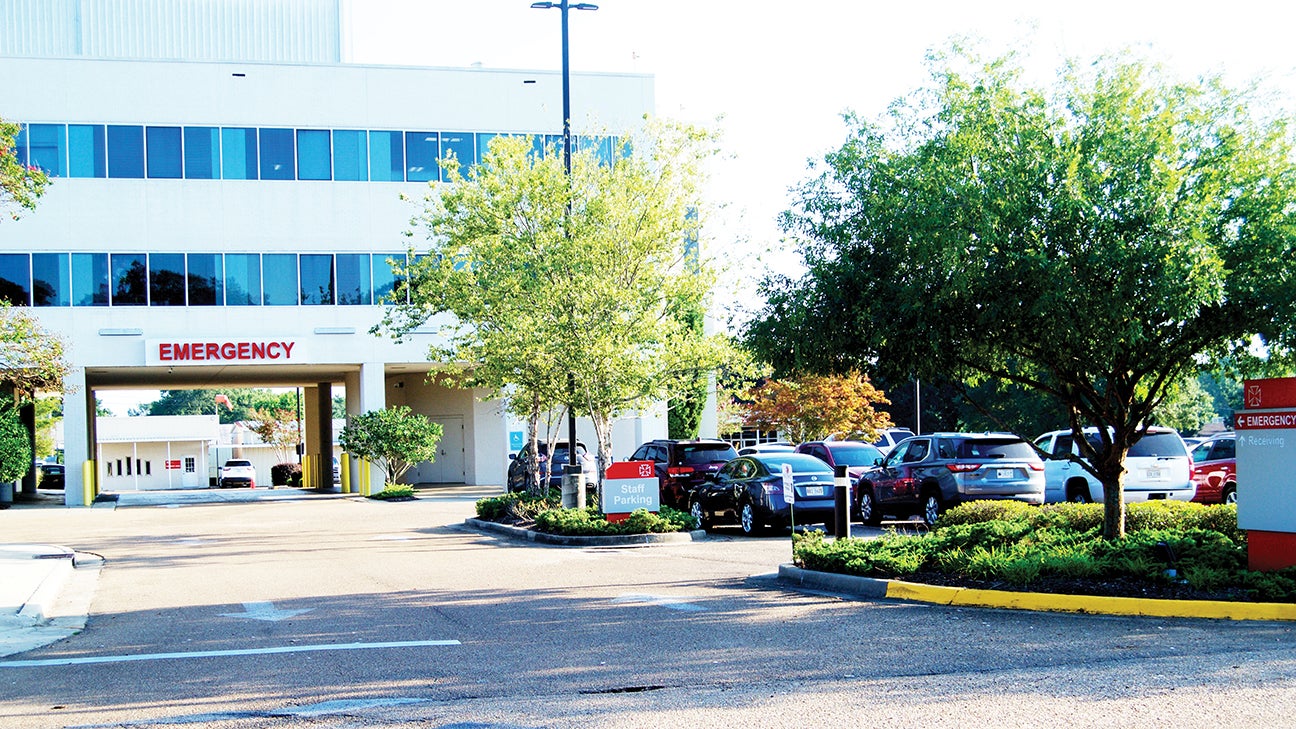
- Daily Leader file photo
Q: I think I may be infected with COVID-19. What do I need to know?
A: If an individual has been exposed, their symptoms will be fever, cough and shortness of breath, said David Culpepper, director of marketing for King’s Daughters Medical Center.
The Center for Disease Control recommends calling your doctor if you develop symptoms or have been in close proximity to someone diagnosed with COVID-19 or have recently traveled from an area with incidents.
Those who are exhibiting symptoms — fever, cough or shortness of breath — should contact their healthcare provider and be evaluated, he said.
“However, before visiting a physician’s office, an immediate care facility or the emergency room call ahead and alert the medical facility. This allows medical personnel to prepare prior to your arrival,” he said.
To decrease the chances of getting COVID-19, individuals are urged to clean their hands often and avoid close contact with others.
• Wash your hands often with soap and water for at least 20 seconds especially after you have been in a public place, or after blowing your nose, coughing, or sneezing.
• Use your elbow or a tissue, if available, to cover any coughs or sneezes and then dispose of the tissue.
• Stay home or seek medical care if experiencing any symptoms. If you are experiencing symptoms such as fever, cough, shortness of breath and think it may be related to the coronavirus, call your primary care provider ahead of time before going to their office location.
• If soap and water are not readily available, use a hand sanitizer that contains at least 60 percent alcohol. Cover all surfaces of your hands and rub them together until they feel dry.
• Avoid touching your eyes, nose, and mouth with unwashed hands.
• Avoid close contact with people who are sick
• Put distance between yourself and other people if COVID-19 is spreading in your community. This is especially important for people who are at higher risk of getting very sick.
• Wear a facemask if you are sick.


